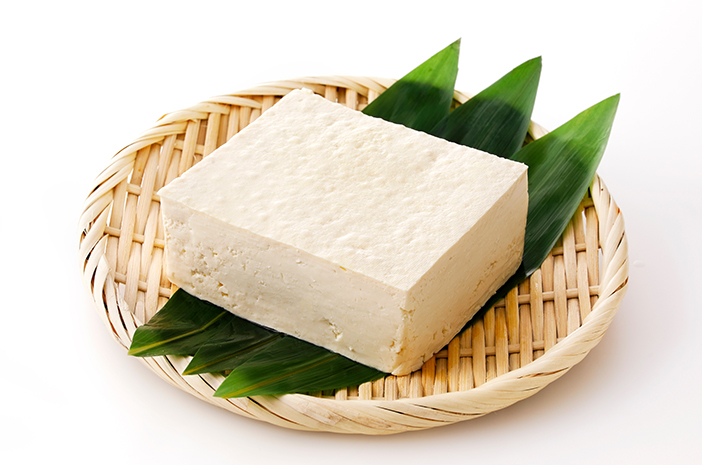Tofu, also known as bean curd, has a long and rich history dating back over two millennia. Its origins are believed to be in ancient China during the Han dynasty (206 BCE – 220 CE). According to legend, tofu was discovered by Liu An, a prince and philosopher, who was experimenting with the coagulation of soy milk.
The process of making tofu involves soaking, grinding, and boiling soybeans, then coagulating the soy milk to form curds, which are pressed into solid white blocks. The coagulants used can vary, including nigari (magnesium chloride), gypsum (calcium sulfate), or even lemon juice.
Tofu spread from China to other parts of East Asia, including Japan and Korea, where it became a staple food. Each region developed its own variations and methods of preparation, resulting in a wide array of tofu types and dishes.
In addition to its versatility and nutritional benefits, tofu is praised for being a high-protein, low-fat food that is rich in essential amino acids, iron, calcium, and other minerals. It has become a popular meat substitute in vegetarian and vegan diets worldwide.
Today, tofu is a global food, enjoyed by millions for its mild flavor and adaptability in various culinary traditions. From soups and stir-fries to desserts and smoothies, tofu continues to be a vital ingredient in both traditional and modern cuisine.
















